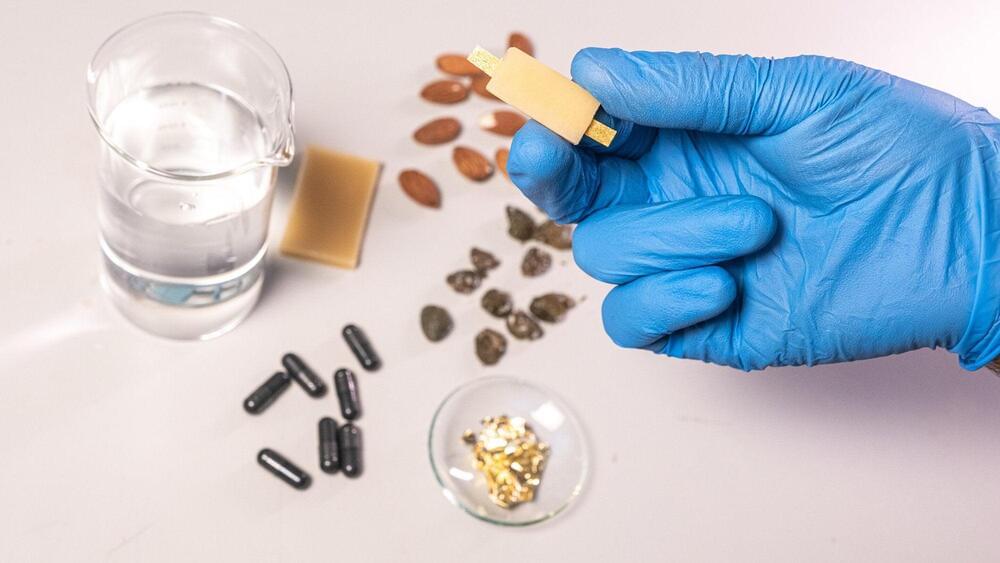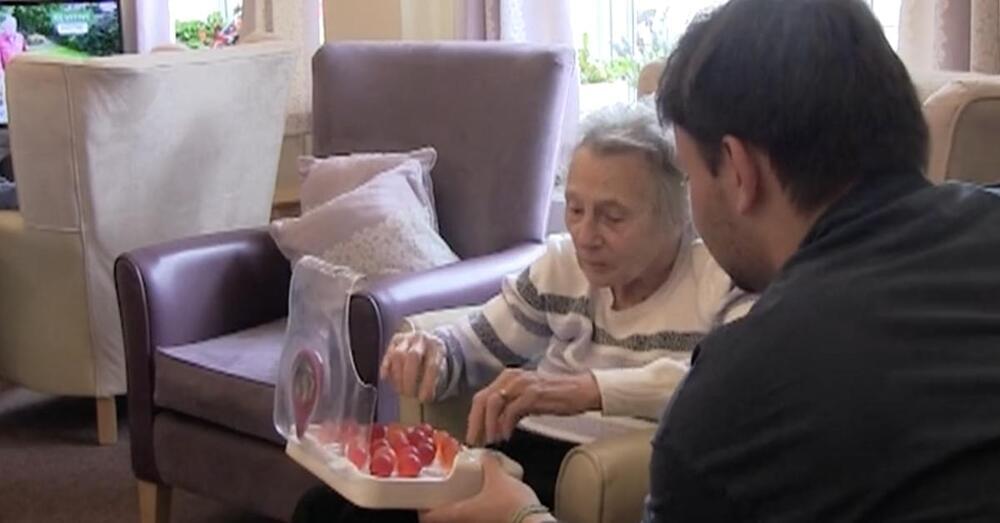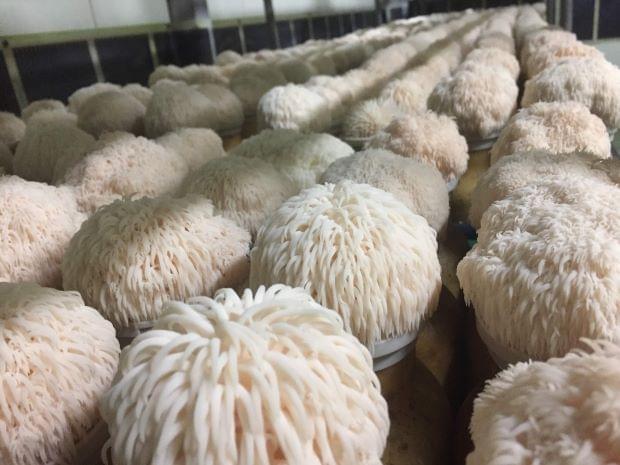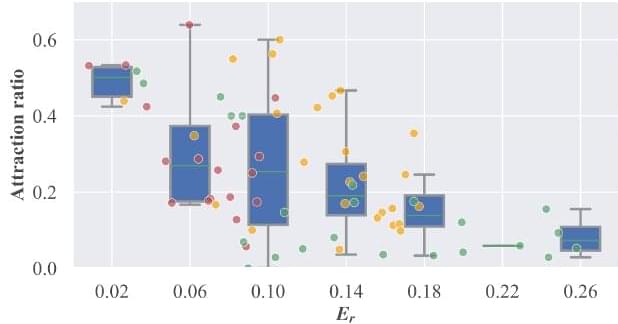A team of researchers at the Italian Institute of Technology recently unveiled what is being billed as the world’s first fully rechargeable, edible battery. As detailed in a paper published with Advanced Materials, the new device utilizes riboflavin (often found in shiitake mushrooms) as its anode and quercetin (seen in capers) as the cathode. Activated charcoal amplified the electrical conductivity alongside a water-based electrolyte. Nori seaweed—most often seen in sushi—served as the short circuit prevention separator, while beeswax-encased electrodes and food-grade gold foil contacts also contributed to the design.
The battery relies on chemical components often found in shiitake mushrooms, capers, and seaweed—and may come in handy for children’s toys.








